Most Unitarian Universalists (UUs) can easily say what they don’t believe, but how many can clearly state what they do believe? Many people who have found the UU faith have come from other faith traditions, or from none at all. Our backgrounds and experiences can lead us to be rejectionists of creeds or having rules imposed on us.
Power and peace in your beliefs
Credo is a Latin word which translates to “I believe”, but credo can also mean “I embrace.” So, why would anyone take the time and energy to explore his or her beliefs and write a personal credo statement? Because there is power and peace in taking responsibility for your own beliefs, and taking this responsibility is also a part of the UU faith.
During the past twenty years, I have periodically facilitated the Building Your Own Theology (BYOT) class with groups ranging from three to thirty people at All Souls Unitarian Church in Tulsa, Oklahoma. The class is based on curriculum developed by retired UU minister, Rev. Dr. Richard S. Gilbert. His book, Building Your Own Theology, is published by the Unitarian Universalists Association.
In BYOT, participants go through a series of exercises and reflections on how their religious beliefs were formed and, how they have been revised over time. Individual classes cover human nature, ethics, personal meaning, ultimate reality (some call this God), personal values, and more.
Following your own rules
At the end of the class, each person develops his or her own credo statement. Most find this an empowering journey. Having a firm grasp on your beliefs and living day-to-day under your own guidelines provides clarity of thought and little or no resistance to “doing the right thing.” You are not doing things because someone else thought you should, but because you are operating within your own self-directed code. Simply put, you are following your own rules. Aligning your actions with your well-considered beliefs can bring peace of mind and heightened clarity of thought to decisions about every aspect of life including relationships, the world we all share, social justice, and more.
The BYOT class is periodically offered at All Souls Church, but you don’t need to wait for a class to start this journey. Get started today with these exercises adapted from my experience teaching BYOT and from Gilbert’s book. Completing one or all will give you a taste of how powerful building your own credo can be.
Build your spiritual autobiography (Part I)
On a piece of paper draw a horizontal line. At the left end make a dot and enter the date of your birth and at the far right make another dot and enter a reasonable guess for a date of your death. Between the two dots, add one more with the current date. Now, you are ready to start building your timeline. Make dots and enter dates of formative events and incidents in your life leading up to the present. These events should involve relationships, your chosen communities, births and deaths of people close to you, upheavals, and times of significant change and growth.
Now consider the future.
Will you marry? Will you divorce? Will you have children or grandchildren? Are you or a loved one facing a serious illness? Do you want to relocate? If so, where?
Plot these reasonable assumptions on the line in between the current date and your assumed death date.

Remember, this is deep, personal, and honest work.
Your relationships and traditions (Part II)
Think about the three or four people who have had the greatest impact on your life. In a few words or sentences, write about how they influenced your life. Chronologically plot their names on your timeline. Do you see how your personal story starts to take shape? And don’t forget past spiritual traditions, including your childhood or youth. Maybe it was going to church on Sunday mornings or telling stories as a family under a starry sky. Just as before, chronologically plot these on your timeline.
I have found that many BYOT participants are surprised to find that value remains from their past traditions. It can be liberating to understand what those experiences meant to you and that it is okay to embrace parts of your past that you still treasure; perhaps a strong sense of community, time spent with a former mentor, or familiar religious rituals. Your timeline should now be rich with your own personal history. Doing the work to create this visual enables you to see how your dots are connected and may lead you to determine a spiritual path you want to take on the next leg of your spiritual journey.
Personal commandments
Most of us grew up learning and attempting to follow the Ten Commandments. I can assume at least some of the commandments still hold value for you. Think about and write down your own personal commandments —as many or as few as you like. You need not be bound by the topics of the Ten Commandments but do include what is important to you, for example: how others should be treated, what are our environmental responsibilities, what provides meaning to your life, what it means to live a good life, and, your view of God, if any.
There will be more work to do as you take greater responsibility for your own beliefs. I hope you will find the journey and the result to be life affirming; it may also help you find purpose, direction, and focus in the days to come.
Building your own theology
“Building Your Own Theology” is not the only model available. I encourage you to Google “writing a credo statement” or “personal mission statement” and you will find many resources and templates for completing this journey. Pick one that suits you and delve in.
Each time I facilitated the BYOT class, I participated in the exercises and each time I revised my own credo statement. I recommend revisiting what you have written in your exercises and your credo every few years. Our beliefs change and our understanding of them often deepens as we mature.
My own journey has evolved and taken unexpected twists, but one theme from the religion of my youth, continues to surface in my credo statement as an adult. The kingdom of Heaven is within you from the Gospel of Luke. It has stayed with me through my years of taking responsibility of my own personal beliefs. I hope these ideas help you start your own journey to clearly identify what it is you do believe and not just what you don’t believe.
John W. Jacobs is a semi-retired nonprofit management consultant, who joined the All Souls Church in 1990. He has served on the Board of Trustees, Intern Committee, Youth and Adult Education boards, and on Rev. Marlin Lavanhar’s search committee. John has facilitated the “Building Your Own Theology” class many times. He now sings with SpiritSong, the All Souls hospice choir.
Cover art: Designed by Sapann-Design / Freepik


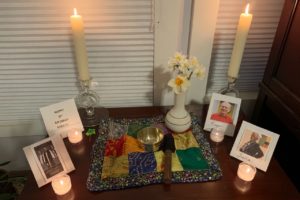
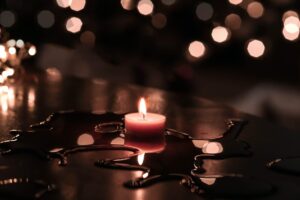
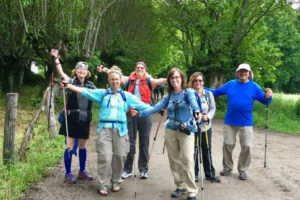

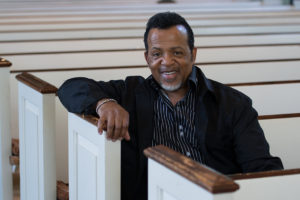
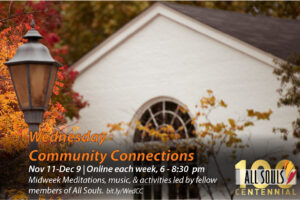

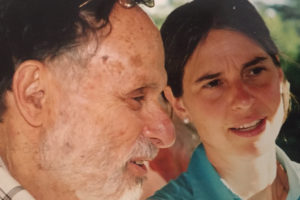
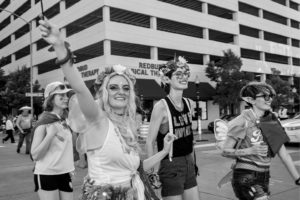

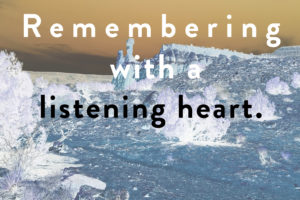


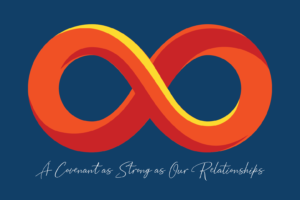
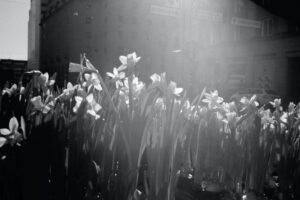
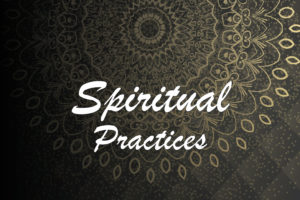

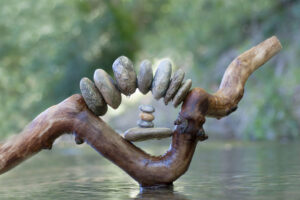


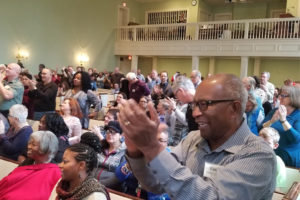

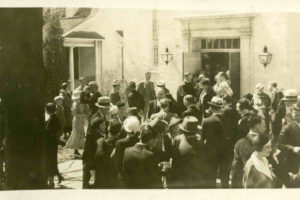
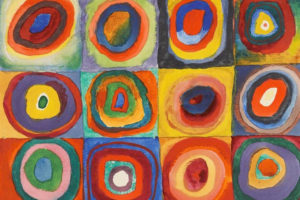


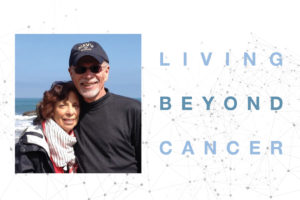
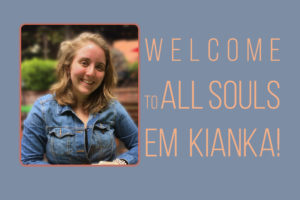
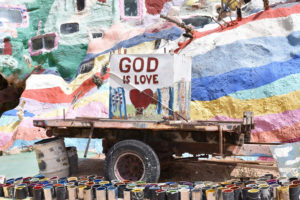
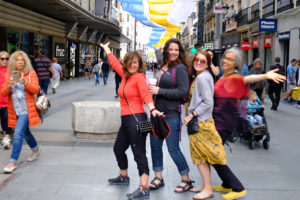
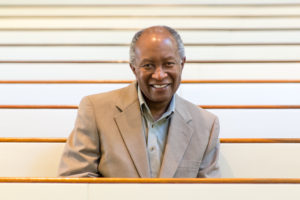


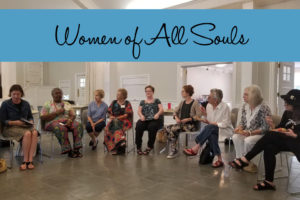

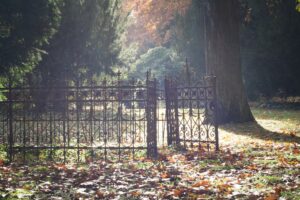
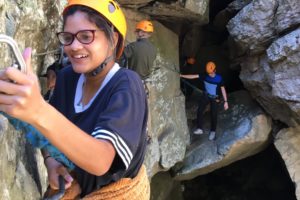
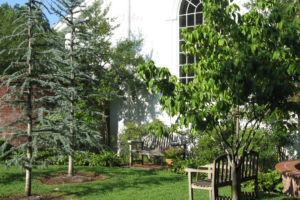
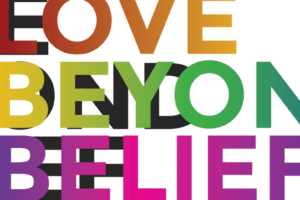



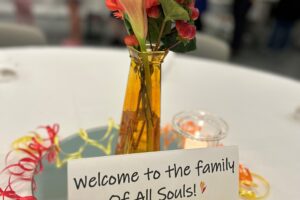
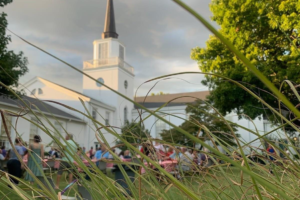

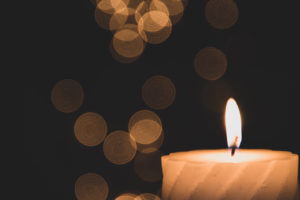
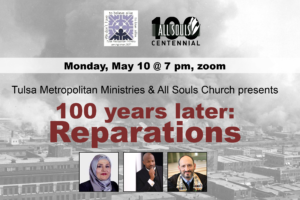
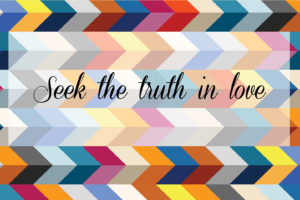



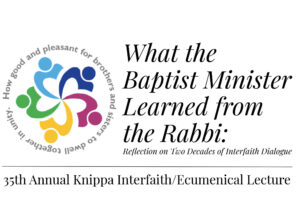
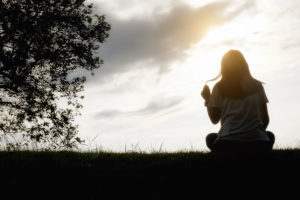

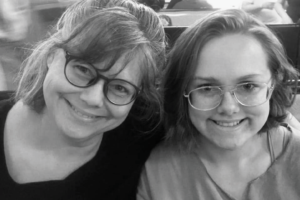

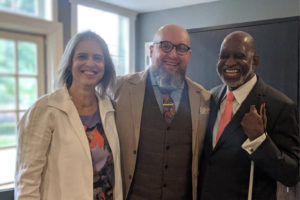
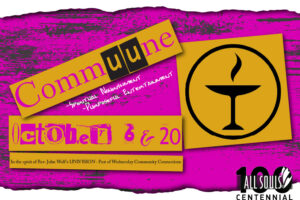
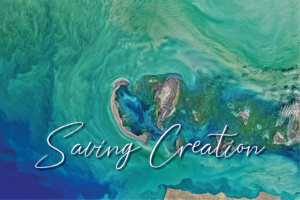

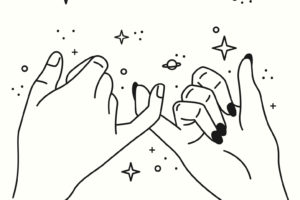
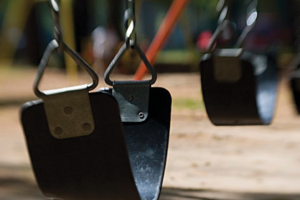

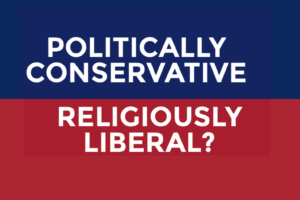

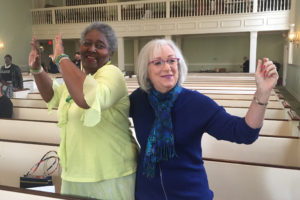
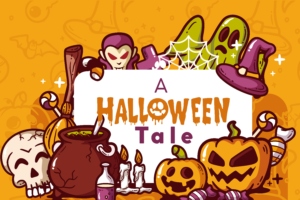
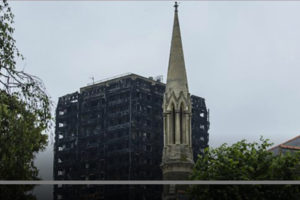

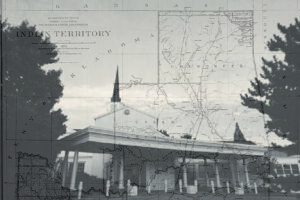
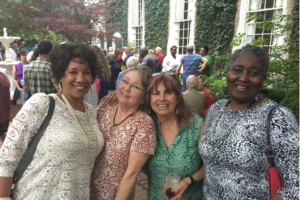




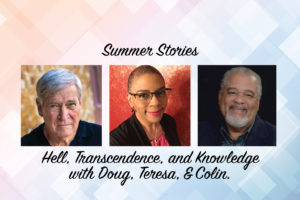
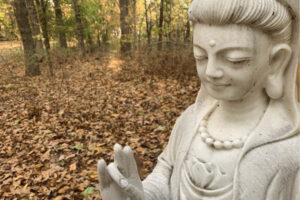
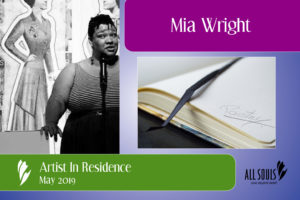

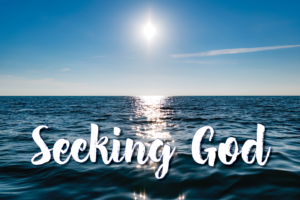
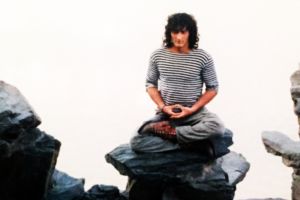
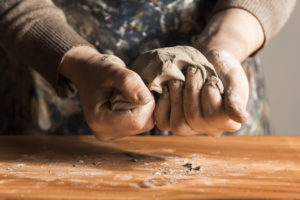
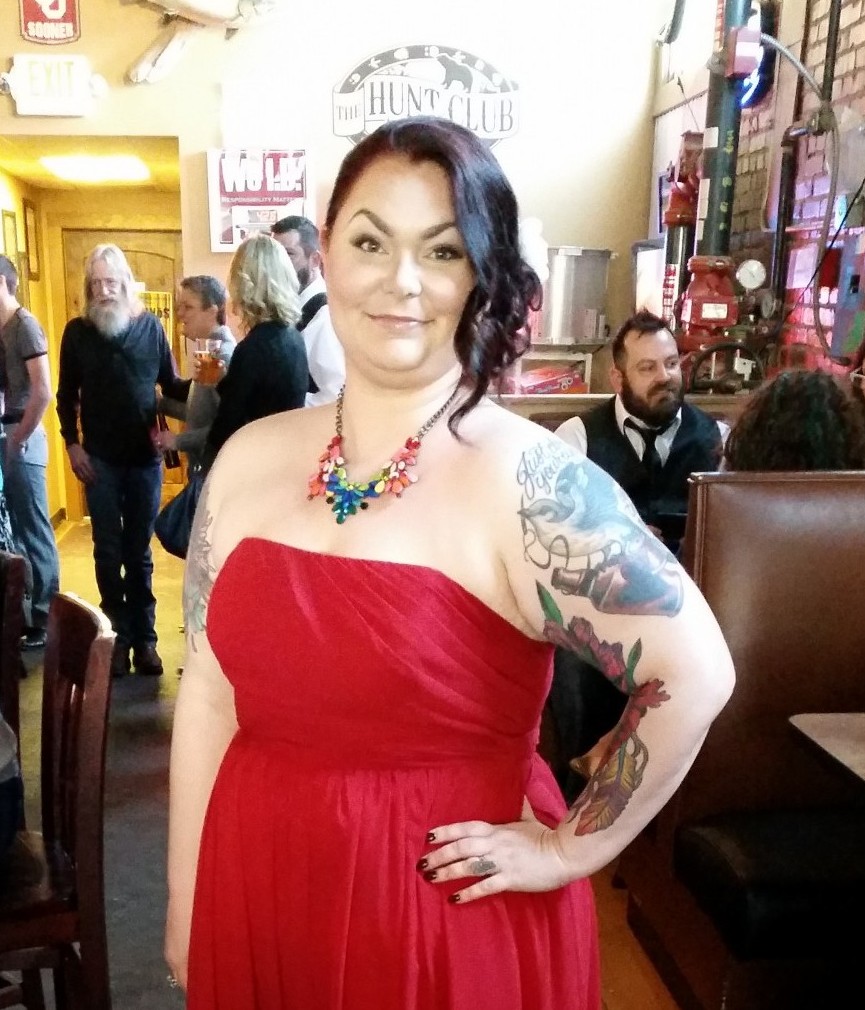

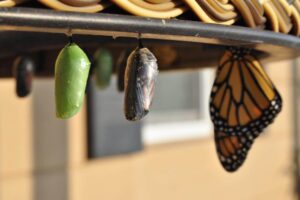
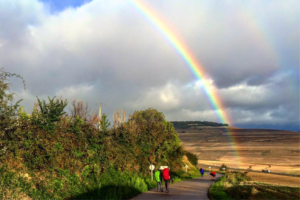




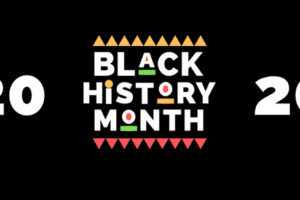


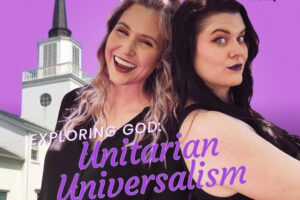

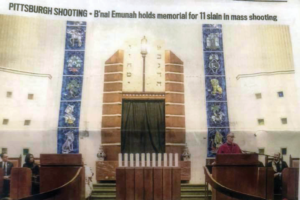
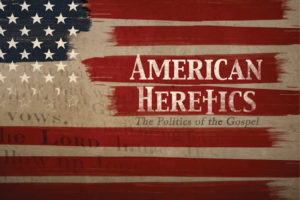

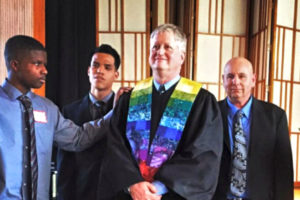

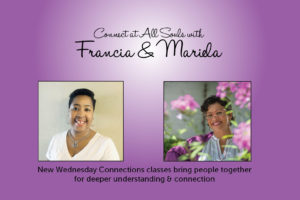

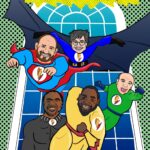
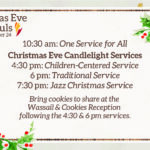
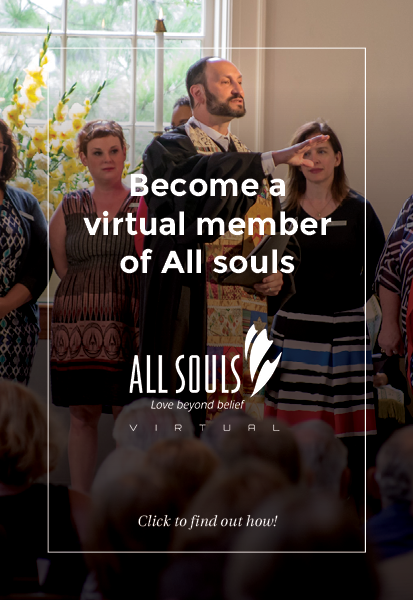

1 Comments
This is a great approach for newcomers and oldtimers alike! Just thinking about it as I read the article feels empowering and I’m a senior citizen. Thank you, and I’m glad these materials are in Buikd your own Theology.